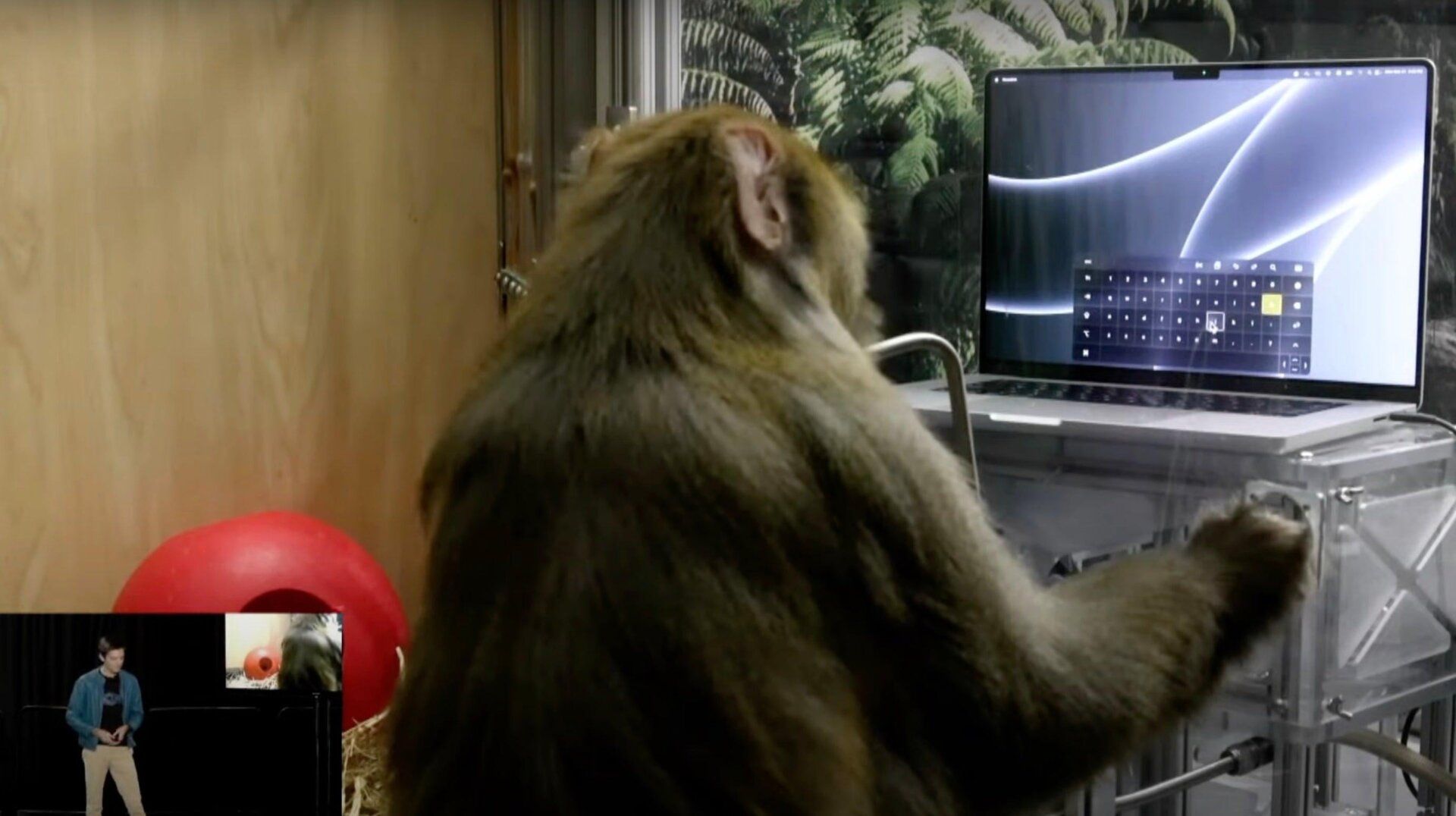
Neuralink's BCI Race: Elon Musk's Firm Faces Stiff Competition
Elon Musk's ventures are facing increasing competition, and his ambitious Neuralink project, focused on implanting computer chips in human brains, is no exception. While Neuralink has been making strides, it appears to be trailing behind competitors, particularly in China.
Chinese Advancements in BCI Technology
According to Reuters, a Chinese tech company has already implanted similar chips in three patients and aims to install ten more by the end of 2025. This contrasts with Neuralink, which has implanted chips in three patients to date. This rapid progress highlights China's commitment to advancing brain-computer interface (BCI) technology.
BCI projects have been in development since the early 2010s, demonstrating their potential for individuals with disabilities, such as spinal cord injuries. These chips work by monitoring electrical signals in the brain and translating them into computer code, enabling users to control devices with their minds.
The leading BCI project in China, a collaboration between the Chinese Institute for Brain Research (CIBR) and NeuCyber NeuroTech, has developed the Beinao No.1 semi-invasive chip. Demonstrations have shown patients with paralysis controlling a robotic arm to perform tasks like pouring water. The company plans to conduct formal trials with 50 patients by 2026.
Neuralink's Approach and Competition
Founded in 2016, Neuralink emerged from relative silence in 2024 to share the story of its first patient, Noland Arbaugh, a quadriplegic who regained the ability to use a computer and play games independently through the Neuralink chip. Unlike semi-invasive chips, Neuralink's implants are placed inside the brain to maximize signal strength.
China's Ministry of Industry and Information Technology has expressed strong support for BCI technology, aiming for breakthroughs in areas like brain-computer fusion, brain-like chips, and neural models. Potential applications include hands-free driving, virtual reality, and medical rehabilitation. However, concerns exist regarding the potential misuse of BCI data by the state.
While Neuralink faces competition from China, it also contends with companies like Synchron in the United States, backed by prominent figures like Jeff Bezos and Bill Gates. Synchron has already conducted trials on ten patients.
The Future of Brain-Computer Interfaces
Despite the competition, Neuralink's invasive approach sets it apart. Musk's vision extends beyond assistive technology, aiming to create cybernetic enhancements for everyday individuals, potentially leading to improved memory or the ability to learn new skills rapidly. The AI capabilities of Musk's other company, xAI, could also play a role in supporting Neuralink's advancements.
China's proactive support for new industries, including BCIs, is evident in initiatives like the Nation Healthcare Security Administration's establishment of healthcare billing categories for BCI chip implants. This centralized approach can accelerate progress, as seen with BYD's success in the electric vehicle market. However, the potential for China to dominate key industries and spread its influence remains a concern.
Significant questions remain regarding BCIs, particularly invasive versions like Neuralink's. Long-term compatibility, post-operative immune reactions, and signal strength differences between invasive and semi-invasive methods are all areas requiring further research and development.
Source: Gizmodo